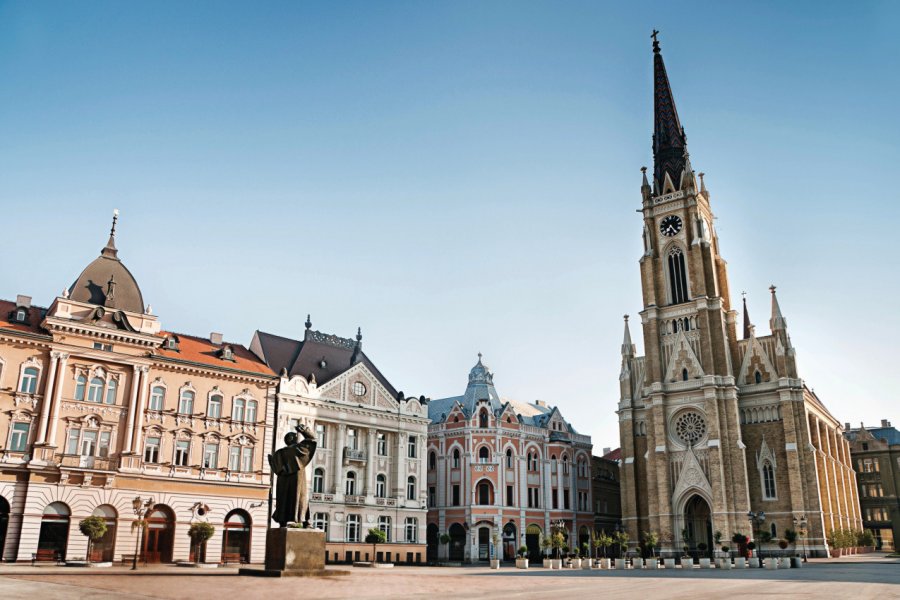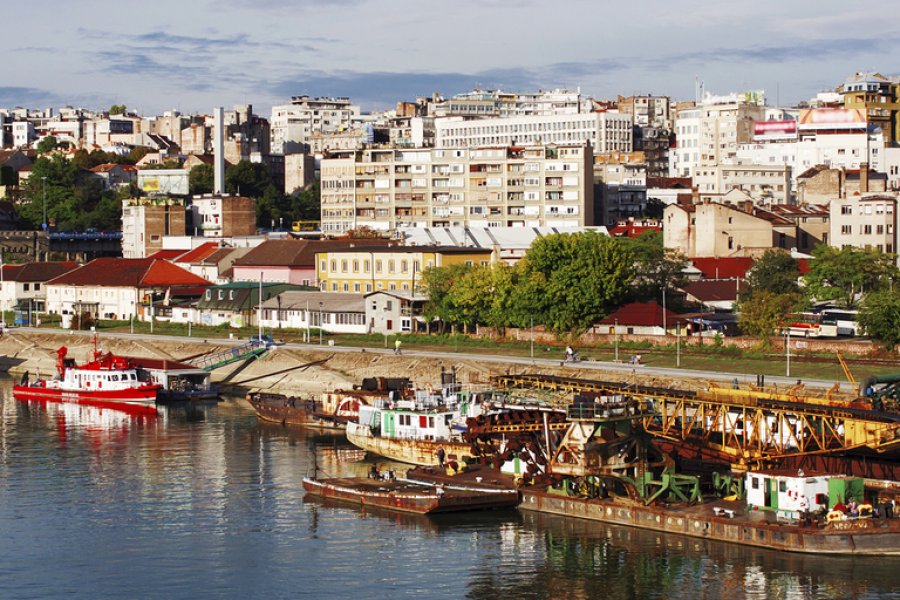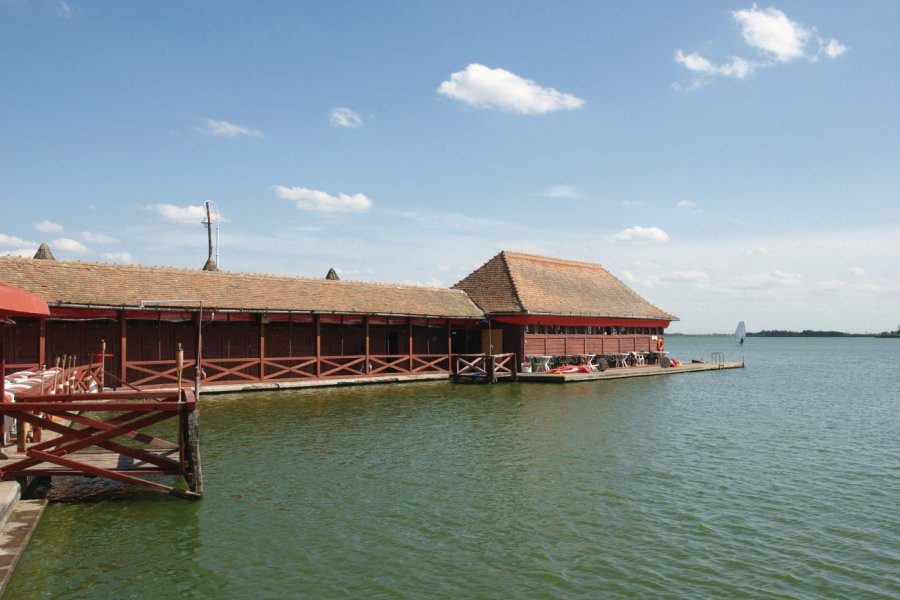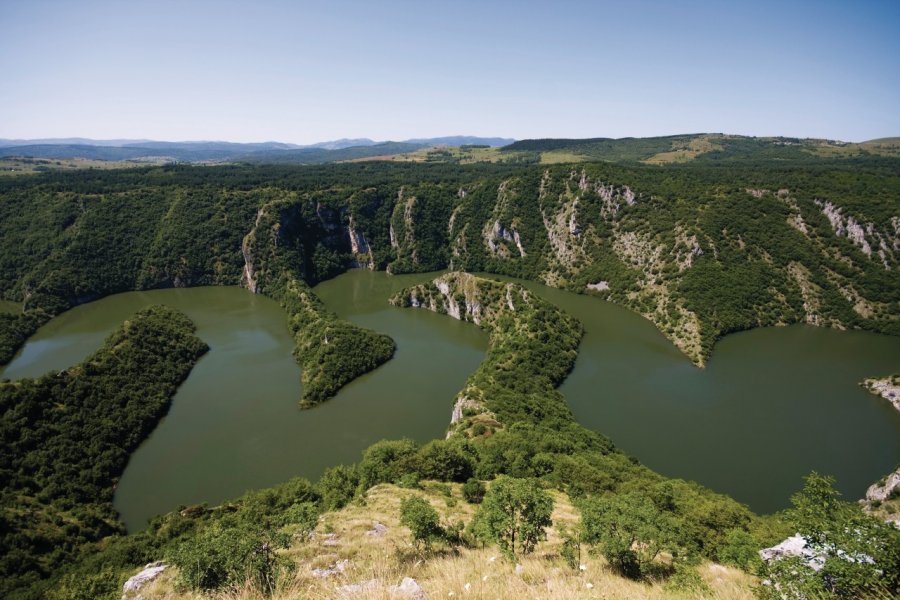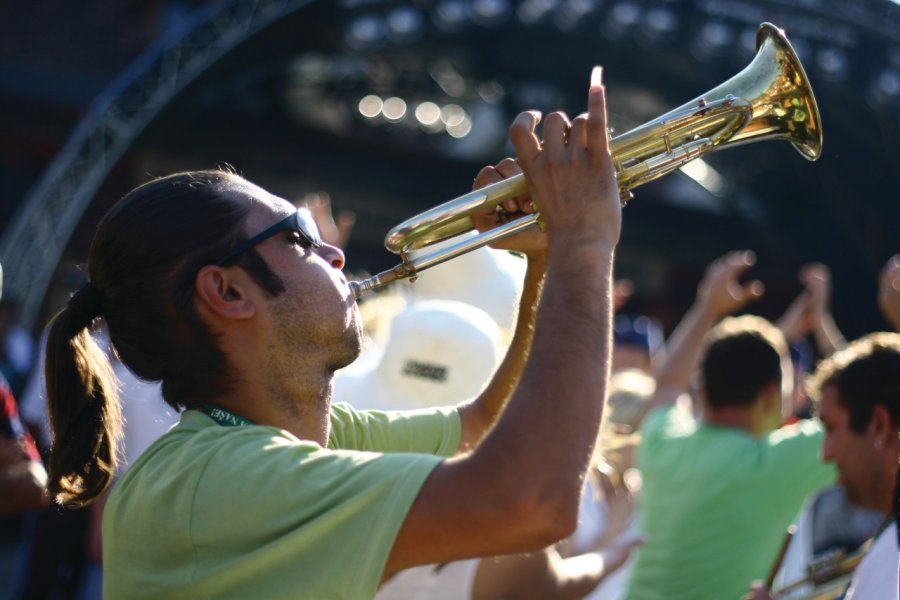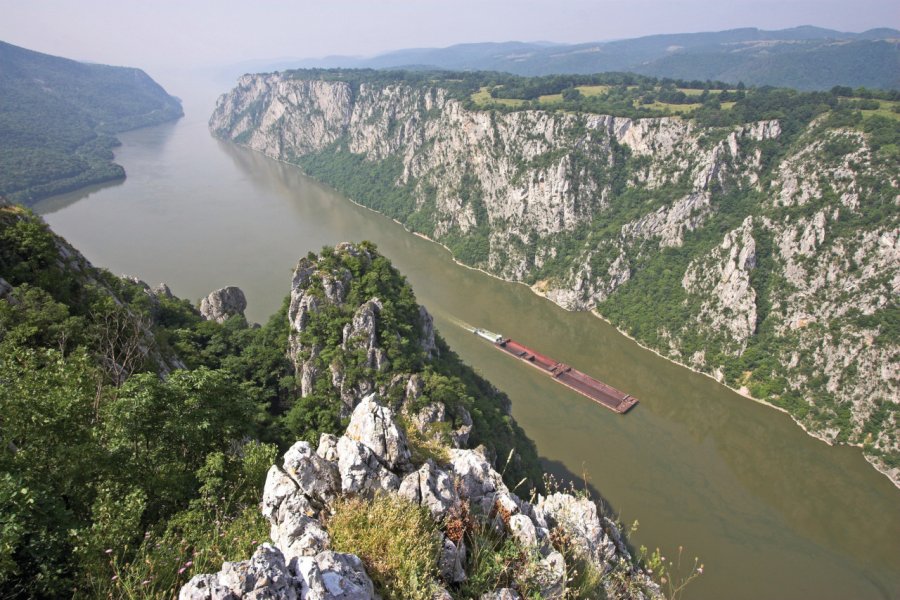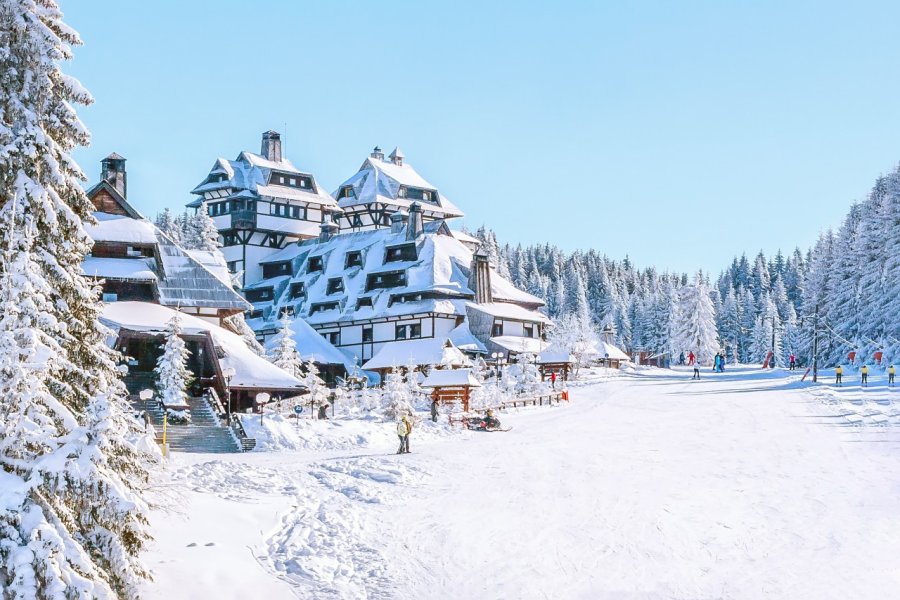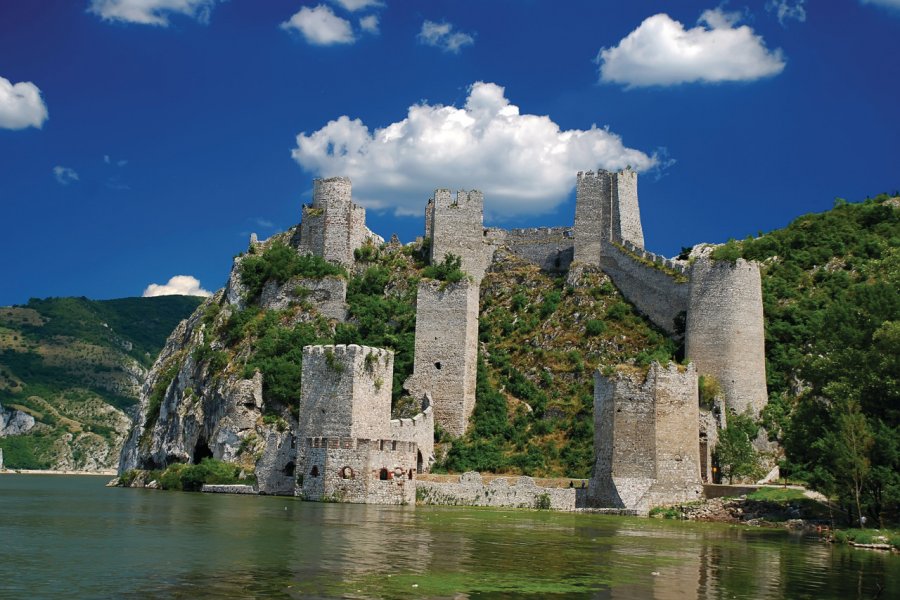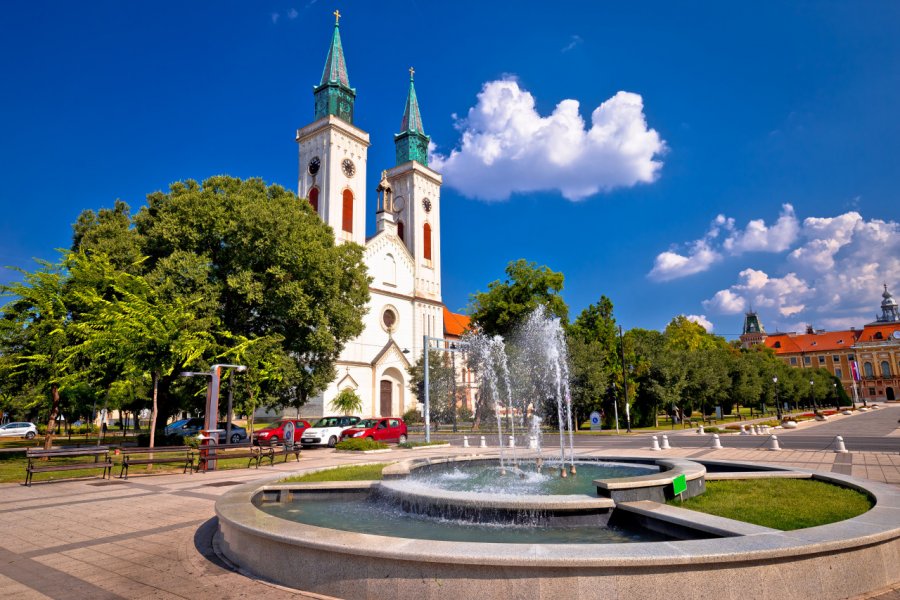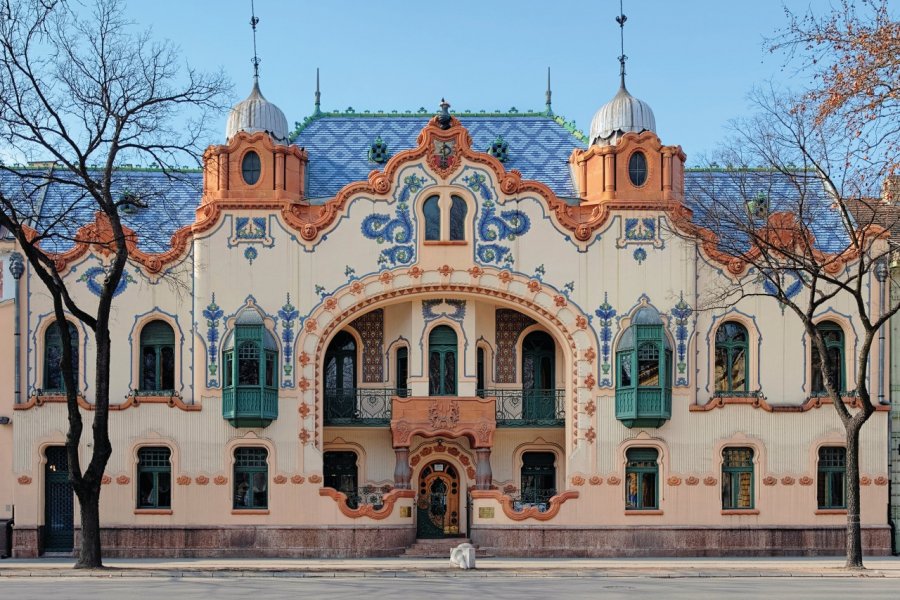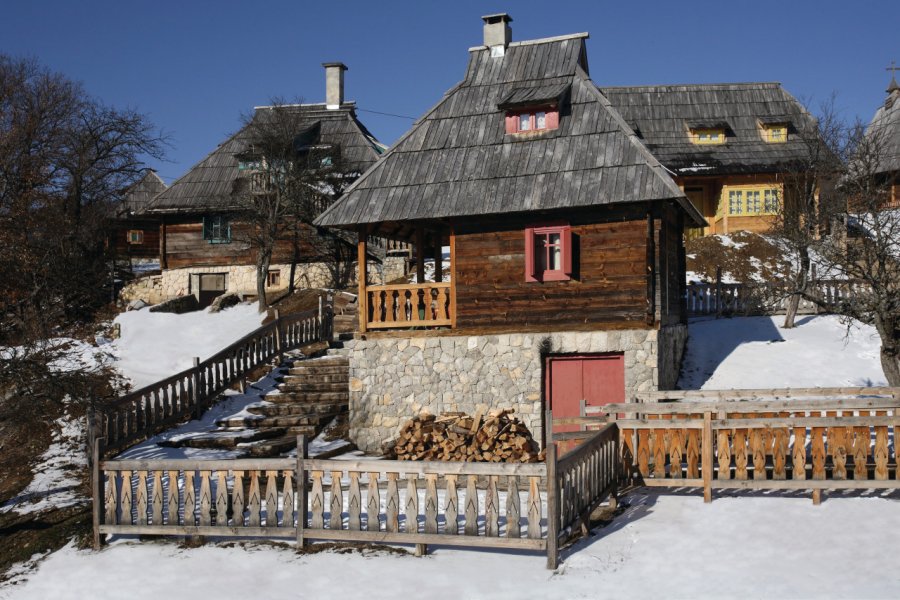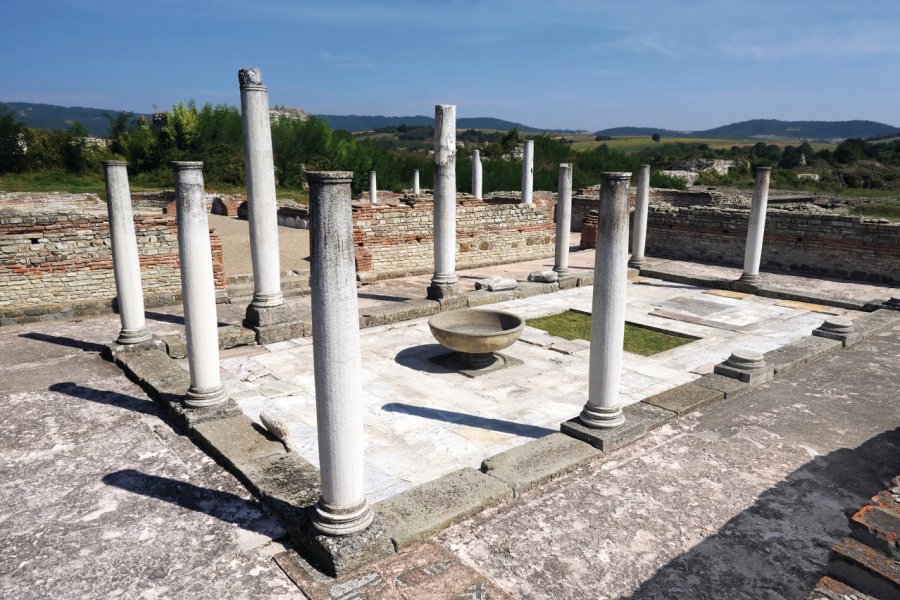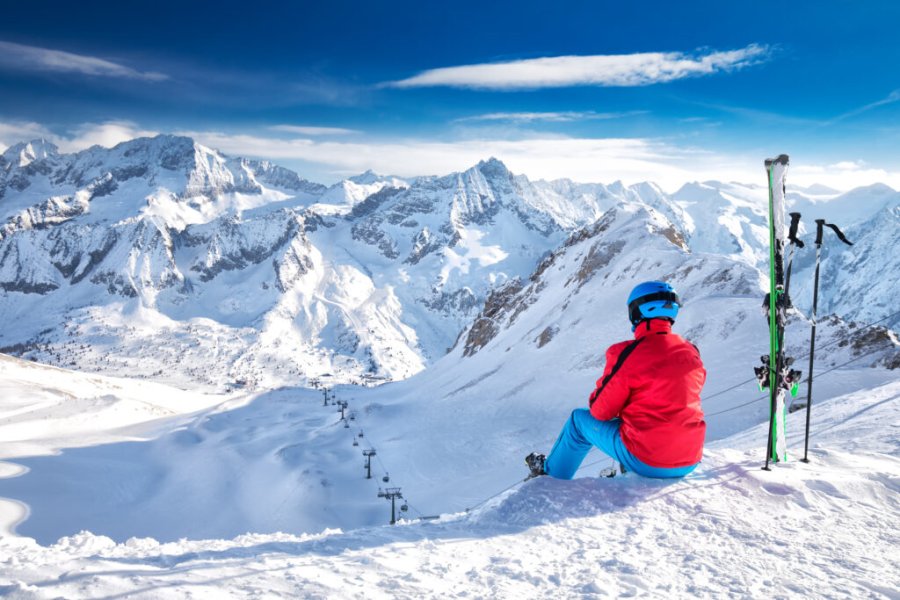Why go to Serbia? The 10 good reasons to go Serbia

The beautiful Danube
With its 588 km, the Danube remains the best way to discover the country.

Balneotherapy and thermal waters
Since Roman times, people have enjoyed the many thermal springs in the country.

A living folklore and music
Gypsy music, folk dances and Slavic laments are a hit!

A melting pot of people
People have always come from all over the world to settle in the Balkans

A paradise of ecotourism
The untouched peaks of the Serbian mountains are a paradise in the middle of nature.

Orthodox monasteries
The unsuspected wealth of its monasteries shapes the Serbian landscape and culture.

Grilled meats
Fans will enjoy the Serbian obsession with grilled meats.

A melting pot of heritages
Every empire that has ruled these lands has left its mark

The friendliness of the Serbs
The Serbs, it's life, death, and until the end of the night!

Belgrade's nightlife
People come from far away to party in the capital!
What to visit Serbia?

Interview: MY SERBIA
with Elizaveta Choy, author of the guide
Trained in geopolitics of post-Soviet spaces, Elizaveta likes to share her good tips. What she likes best about Serbia is that it is a country full of lessons, with a remarkable history, very welcoming inhabitants who love to discuss and share their unique point of view on the world. A change of scenery, thermal cures and great discoveries, that's exactly what your author likes!
See the video of the interviewGood to know to visit Serbia
 Timetable
Timetable
The opening hours of most establishments vary with the seasons, so check their websites. Many places are closed out of season.
 To be booked
To be booked
Most of the tastings in the wine cellars, as well as the meals in the salas and ethno villages are by reservation, as well as some very isolated visits.
 Budget & Tips
Budget & Tips
No need for a real budget for cultural events and other museums, tickets cost on average between 1 and 6 €.
 Main events
Main events
Citizens are entitled to public holidays for religious celebrations. The Orthodox Church calculates its holidays according to the old Julian calendar, which is fourteen days later than the Gregorian calendar. On non-working holidays, only certain businesses and institutions remain open. If the second day of the holiday falls on a Sunday, the following Monday is non-working.
january1: New Year's Day.
january 7: First day of Orthodox Christmas.
january 14: Orthodox New Year.
january 27: Saint Sava, the day of Spirituality (holiday, but not working day).
february 15: Sretenje (Candlemas), the Serbian national holiday.
18, 19, 20 and 21 April : Easter.
april 22: Day of Remembrance against Fascism (holiday, but not working day).
april 27: Constitution Day.
may1: Labor Day.
may 9: Victory Day (holiday, but not working day).
june 28: Saint Vid (Vidovdan; holiday, but not working day).
october 21: Day of the Serbian Victims of the Second World War (holiday, but not working day).
november 11: Armistice Day.
 Guided tours
Guided tours
The country has many small local agencies in each city. They also often have their own guides' association, whose websites are very useful to organize and find your happiness.
 What's very local
What's very local
Proper dress is required in monasteries and churches, including covering the shoulders. In monasteries, avoid shorts.
